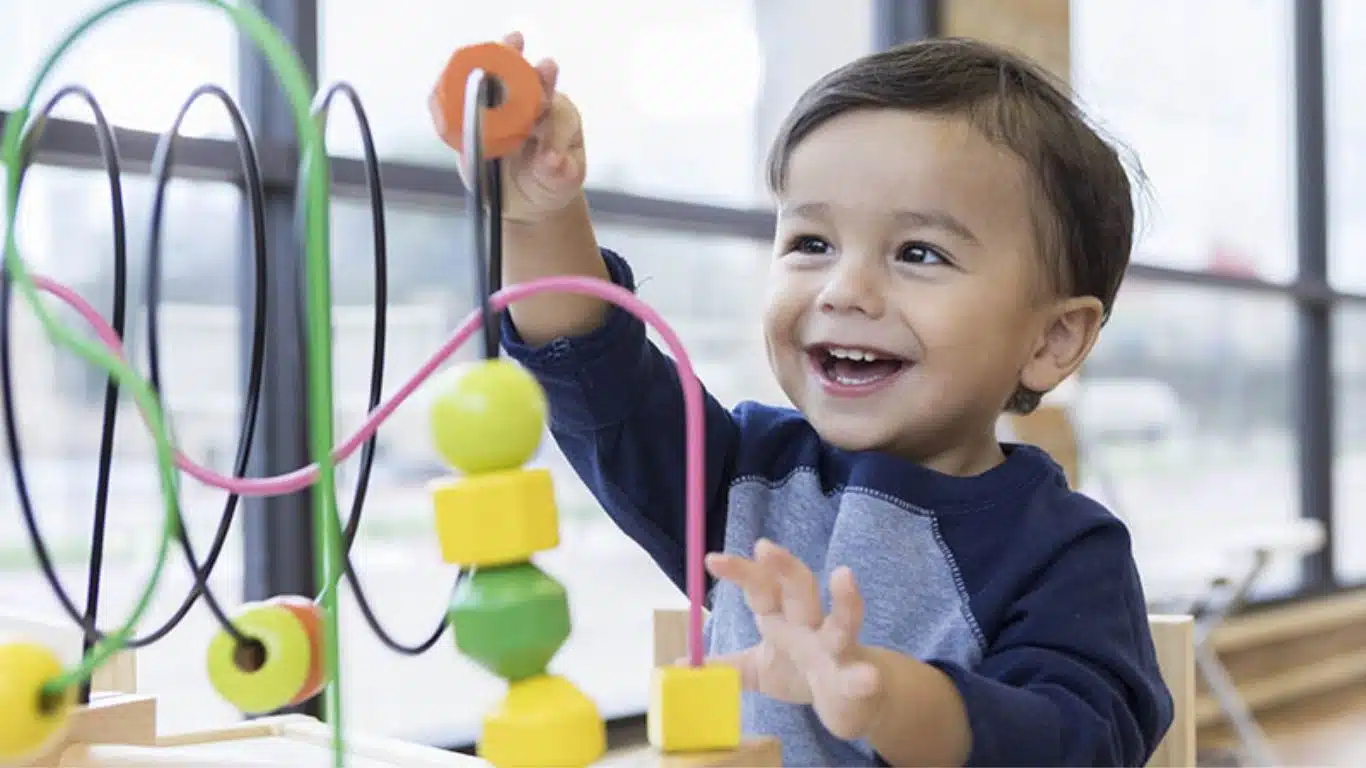- Hands-on learning experiences provide students with opportunities to apply their knowledge to real-world situations, mak…
- Incorporating project-based learning allows students to engage in collaborative, real-world tasks, fostering the develop…
- Preparing educators for skill-based instruction equips them with the necessary tools and strategies to create engaging, …
- By offering internships and work-based learning opportunities, students gain invaluable insights into their chosen field…
- Addressing potential challenges is crucial for the successful implementation of skill-based education in schools.
- Equity and accessibility are also critical concerns in skill-based education.
Why Schools Need to Focus on Skills, Not Just Theory: The current educational landscape necessitates a balance between theoretical knowledge and practical skills to adequately prepare students for the ever-evolving job market. As industries undergo rapid transformation due to technological advancements, there is a growing demand for a workforce that is not only well-versed in theoretical concepts but also proficient in hands-on skills. By emphasizing skill-based learning alongside traditional theoretical education, schools can better equip students to meet the challenges of the modern workplace and ultimately contribute to a more skilled and adaptable workforce.
The importance of skill-based education

The importance of skill-based education lies in its ability to enhance the employability of students, preparing them for the real world while simultaneously addressing the prevalent skills gap. By incorporating practical, hands-on experiences into the curriculum, students acquire the necessary abilities to excel in their chosen fields, ultimately making them more competitive in the job market. This approach fosters a better understanding of the real-world application of theoretical concepts, bridging the gap between academia and the professional world.
Furthermore, skill-based education plays a crucial role in promoting problem-solving and critical thinking abilities, both of which are essential in today’s rapidly changing world. By emphasizing the development of these skills, students are encouraged to think creatively, come up with innovative solutions, and adapt to new situations. This fosters a generation of professionals who are equipped to tackle complex challenges and contribute to advancements in their respective industries. As a result, students become more versatile and resilient, capable of thriving in an ever-evolving global landscape.
In essence, skill-based education not only enhances the employability of students but also empowers them with essential problem-solving and critical thinking abilities. By cultivating these skills, students are better prepared to navigate and adapt to the rapidly changing world, fostering a more innovative and dynamic workforce that can drive progress and success in the future.
Benefits of focusing on skills

Focusing on skills in education offers numerous benefits, including improved student engagement and motivation. Hands-on learning experiences provide students with opportunities to apply their knowledge to real-world situations, making learning more enjoyable and relevant. This active involvement not only fosters a deeper understanding of the subject matter but also increases students’ motivation to learn.
In addition, a skills-focused approach contributes to the holistic development of students. By engaging in practical activities and collaborative projects, students develop vital interpersonal skills such as communication, teamwork, and leadership. These experiences promote personal growth and development, ultimately producing well-rounded individuals who can thrive in both personal and professional settings.
Lastly, emphasizing skills in education leads to increased adaptability in the workforce. Students gain transferable skills that can be applied across various industries and job roles, allowing them to navigate career transitions more easily. This flexibility is particularly valuable in a rapidly changing job market where new opportunities and challenges continually emerge. Moreover, a skills-focused education fosters a culture of lifelong learning, encouraging students to continually update and refine their skills in response to evolving demands, ultimately contributing to their long-term success and adaptability in the workforce.
Implementing skill-based education in schools

To effectively implement skill-based education in schools, several key steps must be taken. First, revising curricula and assessment methods is crucial. Incorporating project-based learning allows students to engage in collaborative, real-world tasks, fostering the development of practical skills. Additionally, emphasizing competency-based assessments ensures that students are evaluated on their ability to apply their knowledge and skills in various contexts, rather than solely on their theoretical understanding.
Second, teacher training and professional development play a vital role in the successful implementation of skill-based education. Preparing educators for skill-based instruction equips them with the necessary tools and strategies to create engaging, hands-on learning experiences for their students. Encouraging continuous improvement among educators ensures that teaching methods remain up-to-date and relevant, ultimately leading to better student outcomes.
Lastly, fostering collaboration with industry partners is essential in aligning education with industry demands. By offering internships and work-based learning opportunities, students gain invaluable insights into their chosen fields, enabling them to develop the specific skills required by employers. This collaboration also allows schools to keep their curricula current, ensuring that students are well-prepared for the workforce upon graduation. Overall, implementing skill-based education in schools involves a multifaceted approach that includes revising curricula, investing in teacher training, and collaborating with industry partners to create a more relevant and effective educational experience.
Addressing potential challenges

Addressing potential challenges is crucial for the successful implementation of skill-based education in schools. One key challenge is maintaining a balance between theory and practical skills. To avoid overemphasis on either aspect, it is essential to design curricula that integrate both theoretical knowledge and hands-on experiences, providing students with a comprehensive educational experience that prepares them for their future careers.
Equity and accessibility are also critical concerns in skill-based education. Ensuring that all students have equal opportunities to develop skills requires providing resources and support for those who may not have access to the same opportunities as their peers. This can be achieved by investing in educational infrastructure, providing adequate funding for schools in underprivileged areas, and offering targeted support programs to address specific needs. By prioritizing equity and accessibility, schools can create an inclusive environment where all students can flourish and develop the skills necessary for success in the workforce.
In conclusion, overcoming the challenges of implementing skill-based education requires a concerted effort to balance theory and practical skills and prioritize equity and accessibility. By addressing these issues, schools can create an educational experience that benefits all students, equipping them with the knowledge and skills needed to thrive in an ever-changing world.
Conclusion
The rapidly evolving job market and the increasing importance of practical skills necessitate a shift in educational focus towards a more skill-based approach. By integrating hands-on experiences and real-world applications into the curriculum, schools can better prepare students for the challenges they will face in their future careers. The long-term benefits of skill-based education extend beyond individual students, as it fosters a more adaptable and innovative workforce that can drive societal progress. Ultimately, embracing skill-based education is an investment in the future, paving the way for the holistic development of students and contributing to the overall success and well-being of society.
Also Read: The Impact of Online Learning on Traditional Education



